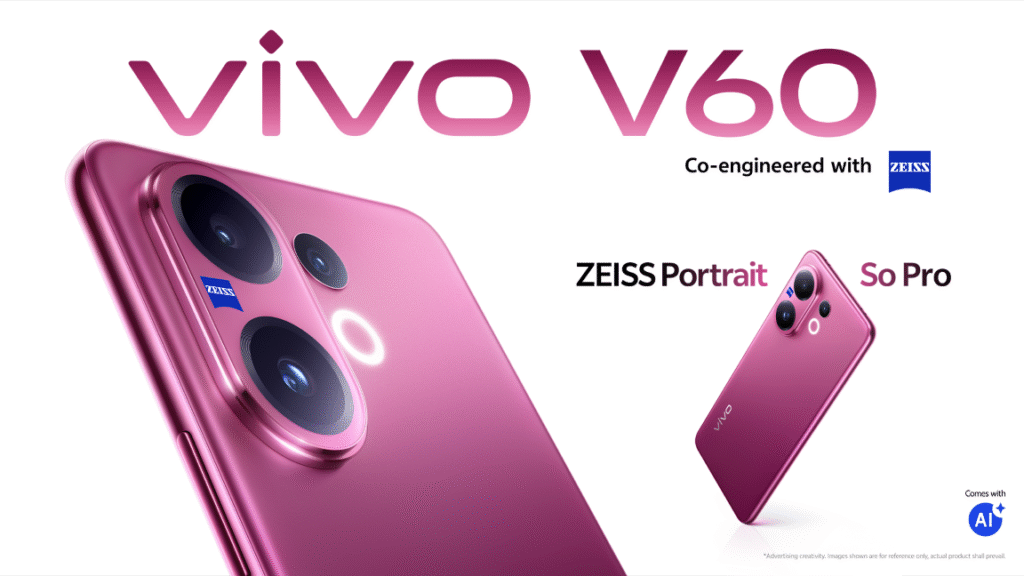In a move that stunned Silicon Valley and global regulators alike, AI search startup Perplexity has submitted a $34.5 billion all-cash offer to acquire Google Chrome from Alphabet.
The bid, confirmed on August 12, comes amid mounting antitrust pressure on Google and signals a bold attempt to redefine the browser as the gateway to AI-powered search.
Founded in 2022, Perplexity has quickly positioned itself as a challenger to traditional search engines, offering concise, citation-backed answers powered by generative AI. Backed by investors like Nvidia and SoftBank, the company recently closed a funding round that pushed its valuation to $18 billion. But its latest move—offering nearly double its own valuation to acquire Chrome—marks a dramatic escalation in its ambitions.
The timing is no accident. The U.S. Department of Justice is currently pursuing remedies against Google’s alleged search monopoly, with one proposal involving the forced divestiture of Chrome. Perplexity’s bid is widely seen as a preemptive strike—an effort to set the tone before a potential bidding war erupts. Other rumored contenders include OpenAI, Yahoo, and private equity giant Apollo Global Management.
Perplexity’s offer includes several strategic concessions aimed at regulators and users alike. The company pledges to invest $3 billion into Chrome over the next two years, maintain the open-source Chromium project, and—perhaps most surprisingly—keep Google as the default search engine. These terms are designed to preserve user choice while easing antitrust concerns about market disruption.
Still, industry analysts question whether Alphabet would ever voluntarily part with Chrome, which serves as a critical distribution channel for Google Search and advertising. Independent estimates place Chrome’s standalone value closer to $50 billion, and any forced divestiture would likely trigger years of legal wrangling and valuation disputes.
For Perplexity, the upside is enormous. Chrome commands over 60% of the global browser market and serves as the default interface for billions of users. If integrated into Perplexity’s AI ecosystem, it could transform the way people interact with search—shifting from keyword queries to conversational, task-based browsing powered by agents and copilots.
This isn’t Perplexity’s first attempt to disrupt the status quo. Earlier this year, the company floated a proposal to merge with TikTok’s U.S. operations, aiming to resolve national security concerns while gaining access to a massive user base. That deal never materialized, but the Chrome bid suggests Perplexity is still playing offense—targeting platforms that control attention, distribution, and data.
Whether the deal goes through or not, one thing is clear: the browser is no longer just a window to the web. It’s becoming the front door to AI. And Perplexity wants the keys.
Stay tuned to MyMobileTrend on any latest development in this happening.





